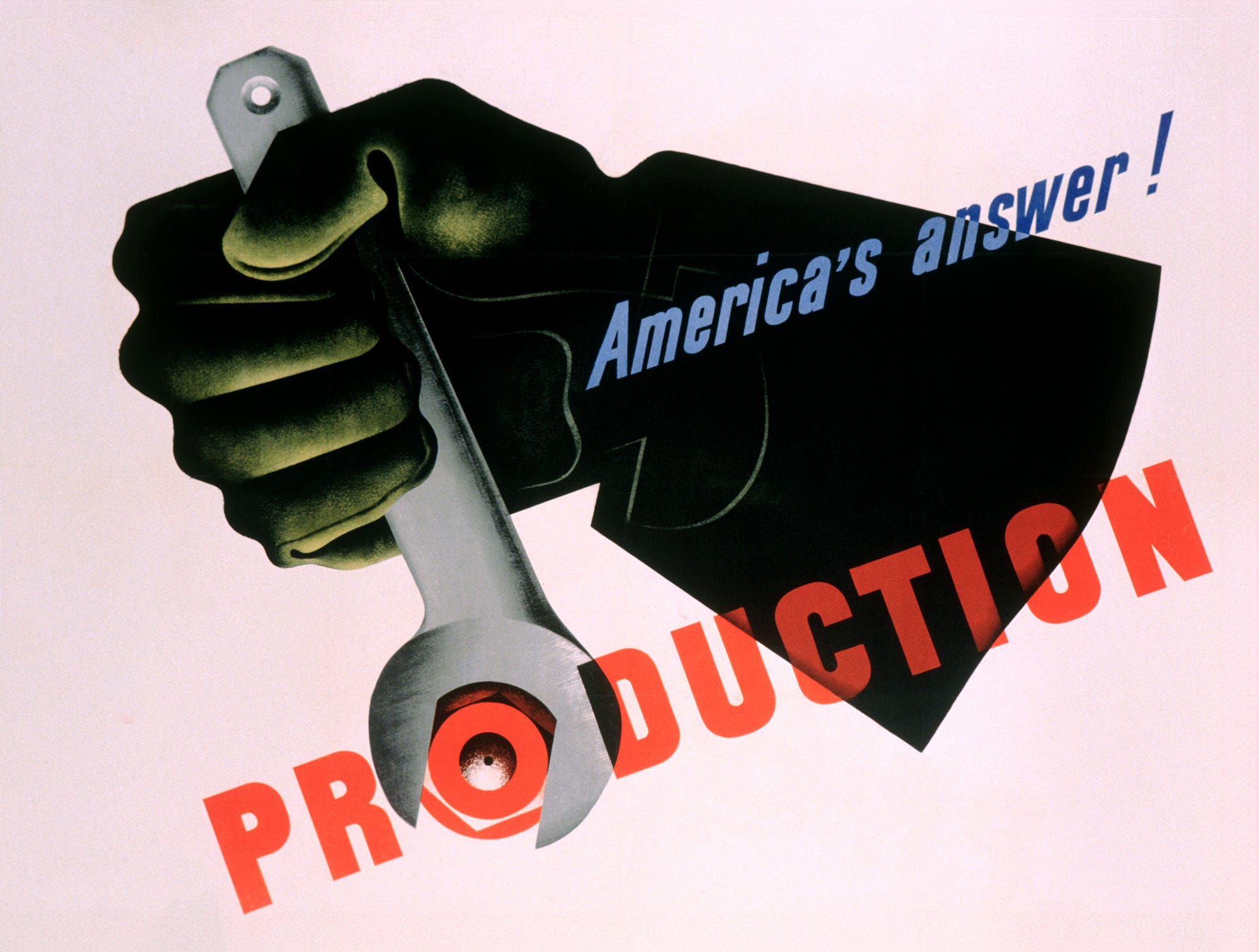Capitalism
As a society, we are so fully invested in capitalism, competition and algorithms that it’s almost impossible to pull ourselves out of the cycle to see a bigger pattern, which is that we have entire economies built upon our misery.
The enshittification of dating apps
While serving a life sentence in jail, Kaczynski wrote a little-known sequel to his manifesto, entitled “Anti-Tech Revolution: Why and How”. In it he outlines his belief that all technologically advanced civilizations become trapped in fatal games before they learn to colonize space. This happens because industry is driven by competition, and
... See moreGurwinder • Why Everything Is Becoming a Game
“It’s easier to imagine the end of the world than the end of capitalism,” wrote the literary critic Fredric Jameson. One of the hardest elements to imagine is what capitalism has done to our perception of time via clocks. It now seems embedded into our very psychology to view time as a commodity that can be spent or wasted.
Joe Zadeh • The Tyranny Of Time
Who gets to determine the future is important!
If corporations, billionaires, and oil tycoons are the ones at the forefront of envisioning and building a new future – which are exactly the same actors that led to today’s polycrisis – then something is terribly wrong!
If corporations, billionaires, and oil tycoons are the ones at the forefront of envisioning and building a new future – which are exactly the same actors that led to today’s polycrisis – then something is terribly wrong!
Thomas Klaffke • Unframing the Future
Now, the GoFundMe and DonorsChoose thing is closely related, but it gets its own throughline. These platforms emerge to seemingly supplement gaps in the public safety net for things like education and health care. But instead, they’re in a kind of enabling feedback loop: instead of your taxes ensuring that kids have desks and cancer patients can... See more
The Problems of Modern Philanthropy

Katherine Boyle on American Dynamism
If everyone owns a slice of American value creation, everyone will want America to do better: collective equity in innovation and in the success of the country will align our incentives. The new social contract will be a floor for everyone in exchange for a ceiling for no one, and a shared belief that technology can and must deliver a virtuous... See more
Sam Altman · March 16 • Moore's Law for Everything
Most analysts of capitalism, following nineteenth- and twentieth-century leads, have ignored the formation of “raw” materials, taking them for granted as capitalist resources. Yet these materials have their own genealogies of production outside the capitalist purview, and our recent awareness that capitalism is destroying Earth’s livability makes... See more
